 Trade Data Provider
Trade Data Provider
 12-03-2025
12-03-2025
For import and export businesses with some knowledge of trade data, you may have heard of Tendata and ImportYeti. But how do they differ in practical use? Let's explore their data coverage, volume, analytical capabilities, and overall usability to help you decide which one best suits your needs.
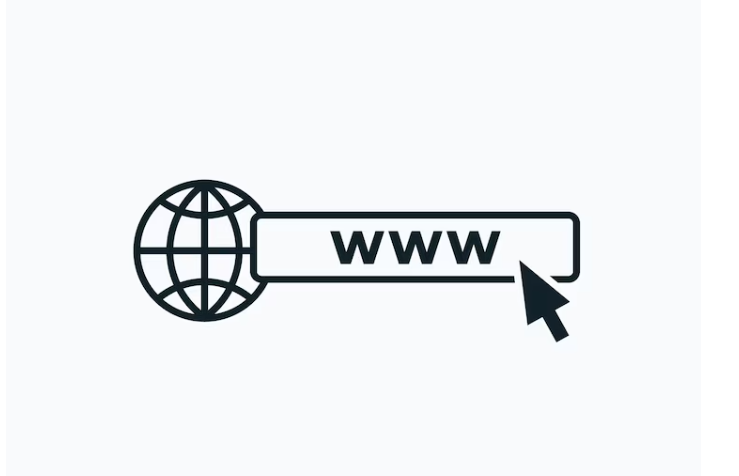
1. Trade Data Coverage: Global vs. Single Market
· Tendata:
Tendata is a truly global trade data platform, covering customs data from over 228 countries and regions, with more than 10 billion trade records, continuously updated. It aggregates not only official customs import/export records but also commercial databases, public company information, and web-scraped data, forming a multi-dimensional data ecosystem.
For example, users can track trade flows from Africa to South America, from Europe to Southeast Asia, and even monitor niche market trends in emerging economies.
>>Get A Free Demo<<
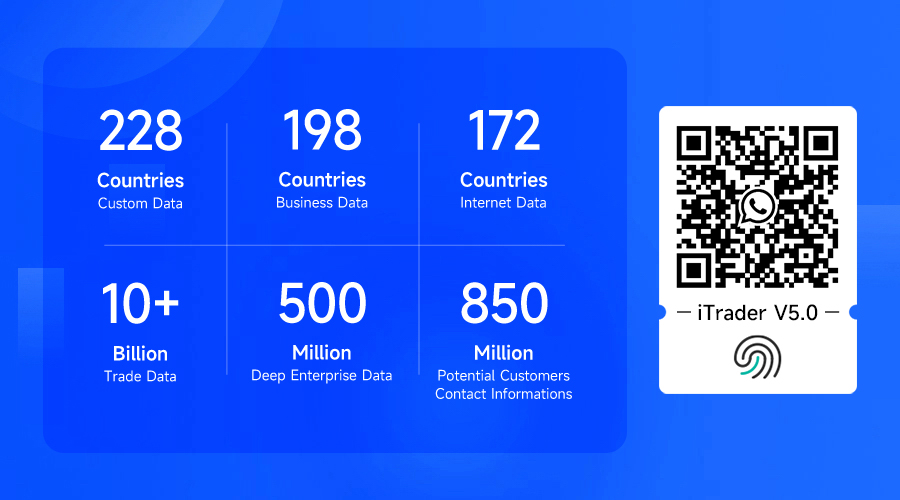
· ImportYeti:
ImportYeti focuses exclusively on the U.S. market, primarily offering Bill of Lading (BOL) records of U.S. companies, including importers, suppliers, and logistics details. Its data is limited to U.S. purchasing behavior and does not cover non-U.S. markets (such as Europe or Asia).
For example, if you want to analyze the purchasing preferences of German buyers or the global customer base of Chinese exporters, ImportYeti cannot provide relevant data.
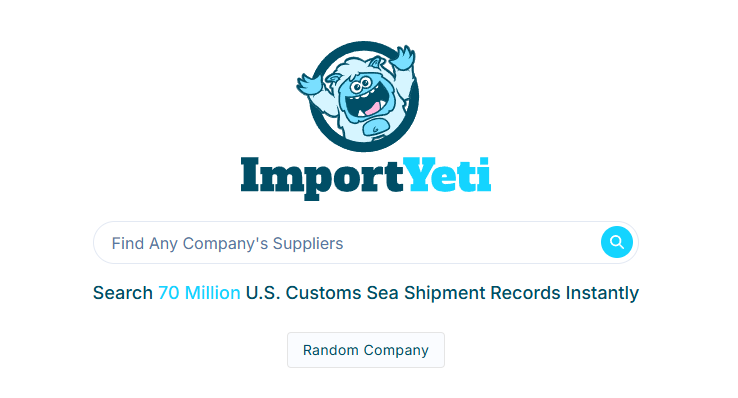
2. Data Volume and Quality: Massive Dynamic Database vs. Limited U.S. Data
· Tendata:
Tendata boasts over 10 billion trade transaction records, including global trade activities, company registration details, and product import/export data. It also features:
(1) 500 million+ company profiles
(2) 830 million+ enterprise contact details (emails, phone numbers, social media accounts)
All data is cleaned, de-duplicated, and structured, ensuring accuracy and reliability. Users can filter customers by over 20 search criteria (such as product name, HS code, or company name) and directly access transaction history, supply chain partners, and contact details without requiring additional verification.
>>Get A Free Demo<<
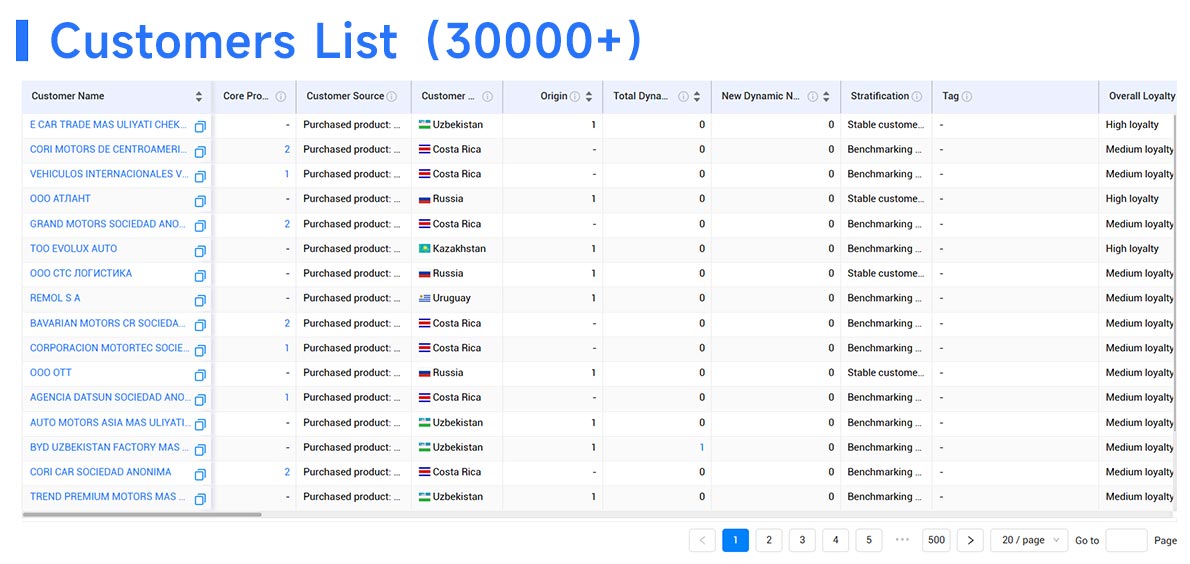
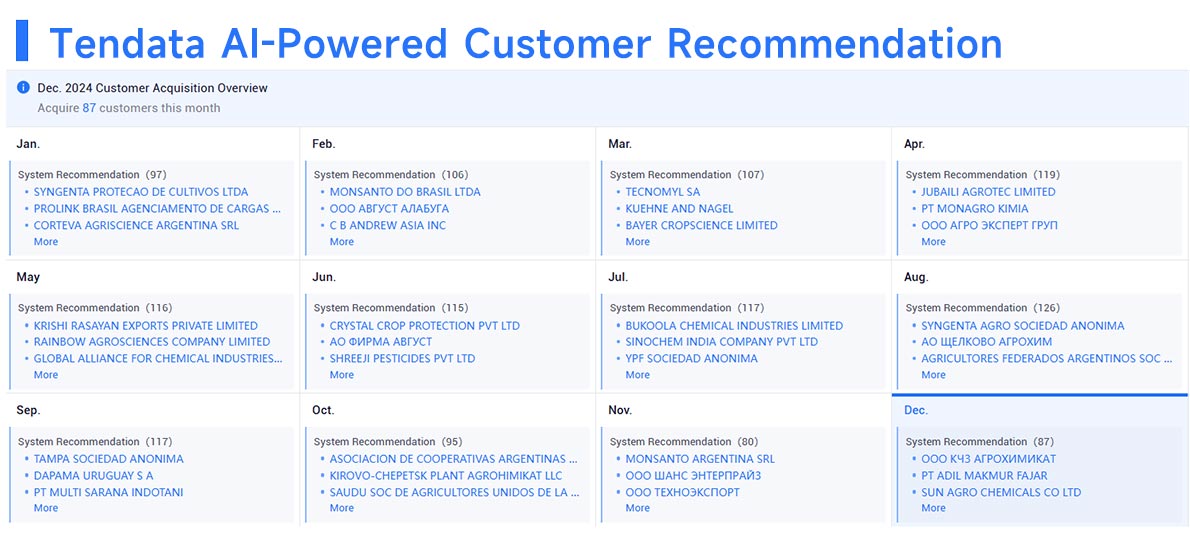
· ImportYeti:
ImportYeti's data volume is relatively limited, focusing only on U.S. import records and excluding contact information (such as emails or phone numbers). Its primary data points include BOL details (e.g., product type, quantity, and shipping company), but it lacks in-depth business insights.
For example, you can find that a U.S. company imported 100 tons of steel from China, but you won't be able to directly contact their purchasing manager. Instead, you'd have to search for their contact details on LinkedIn or Google.
3. Analytical Capabilities: Deep Visual Insights vs. Basic Data Lookup
· Tendata:
Tendata offers four key analytical modules: Product Analysis, Market Analysis, Customer Analysis, and Competitor Analysis. All results are presented in interactive visual charts (such as heat maps and network graphs) and support one-click report generation.
(1) Market Analysis: Compare market saturation, price trends, and category growth potential across different countries/regions.
(2) Customer Analysis: View a company's purchase cycle, supplier list, and contact details, and even assess supply chain risks.
(3) Competitor Monitoring: Track competitors' export activities in real-time.
>>Get A Free Demo<<
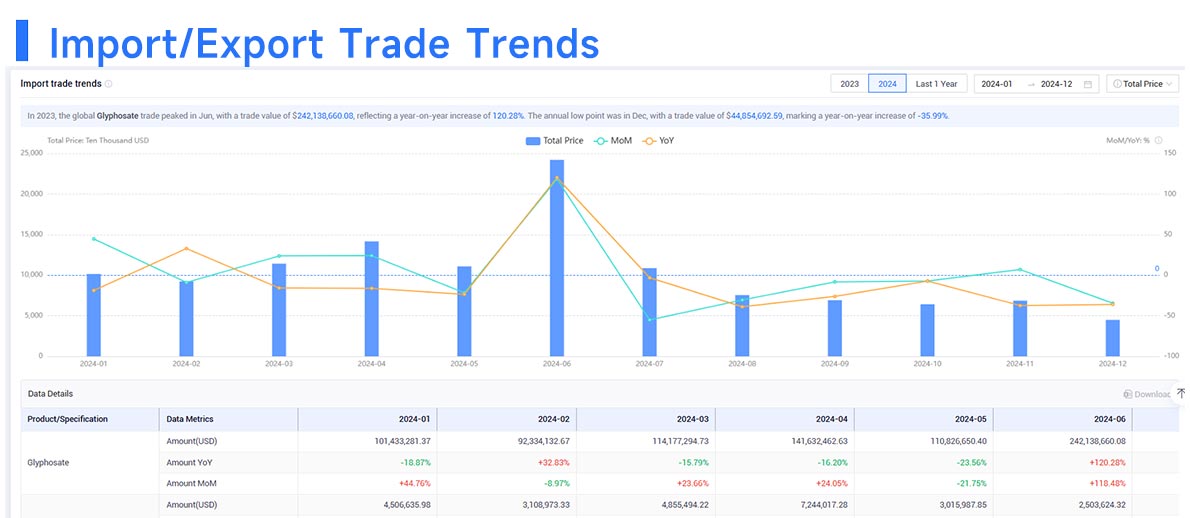
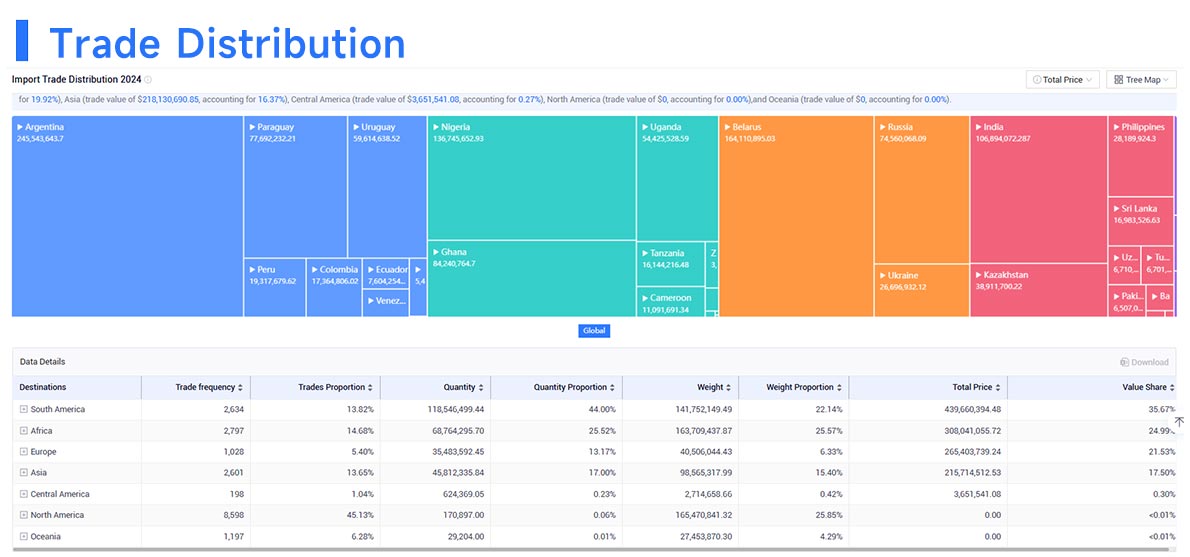


· ImportYeti:
ImportYeti primarily functions as a basic data lookup tool, providing simple charts showing U.S. import trends, such as annual import volume rankings by product category or top source countries.
However, it does not support:
(1) Cross-market comparisons
(2) Supply chain deep dives
(3) Customer background checks
Users must manually process and analyze the exported raw data to derive meaningful insights.
Which One Should You Choose?
Choose Tendata if:
· You need to develop global customers
· You want to analyze multi-country market trends
· You want to track competitors' activities
· You need direct access to decision-makers' contact details
For example, an electronics components exporter can use Tendata to identify potential customers in Europe and Southeast Asia and directly launch targeted marketing campaigns.
Choose ImportYeti if:
· You only need to check U.S. import records (such as product types, quantities, and shipping details)
· You don't require contact details or advanced analytics
·You need a low-cost data lookup tool
Category
Leave Message for Demo Request or Questions


 T-info
T-info T-discovery
T-discovery

 My
Tendata
My
Tendata Market Analysis
Market Analysis Customer
Development
Customer
Development Competitor
Monitoring
Competitor
Monitoring Customer Relationship
Customer Relationship





































































































































